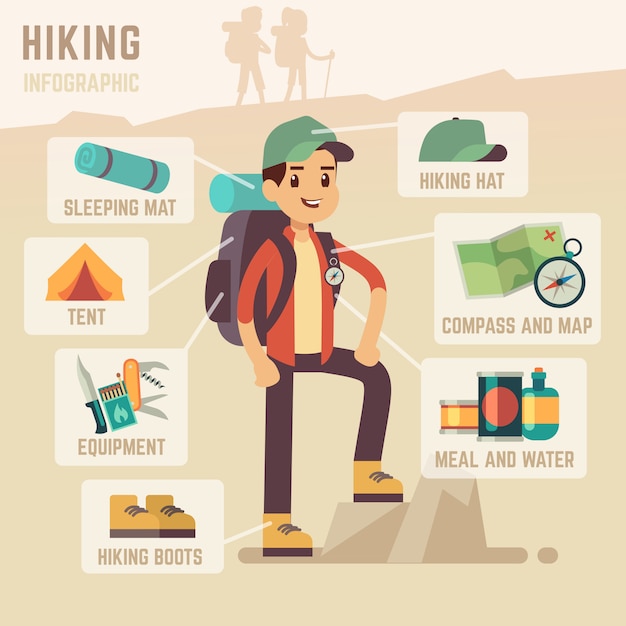Stove Jack Innovations In Modern Wall Tents
Stove Jack Safety And Security - Protecting Against Discharges in TentsOvens offer warmth and convenience in outdoors tents, yet they additionally present fire dangers if they're not handled appropriately. Correct installment, air flow, and emergency preparedness prevent fire hazards and carbon monoxide gas poisoning in camping tents.
Outdoor tents rental companies should comply with stringent fire safety and security regulations to adhere to event guidelines and secure guests. Routine assessments and training makes certain that leave paths are clear and fire reductions tools is conveniently offered.
Make Certain Your Camping Tent Can Deal With the Warm
Tent stoves add heat to any type of camping tent and create a cozy space for cooking camp meals. However, they can also increase the risk of fire threats in case of a blunder or mishap. To help reduce the risk of fire, outdoors tents that use a stove jack should be built from a resilient material that can deal with high temperatures and maintain heat inside the camping tent.
Inspect that your tent's outer material meets these standards by checking out the camping tent's tag and testing it in the house prior to you go out on the trail. The test ought to show no marks burnt, no flames at upright sides, and a typical after-flame time of less than 20 seconds.
If you're camping in a tent that does not meet these demands, think about making use of an outside range rather. You can also try the complying with pointers to stop heat damages to your outdoor tents and reduce the possibility of fires:
Examine the Product of Your Outdoor tents
When effectively set up, an oven jack permits a wood stove to air vent smoke beyond your outdoor tents. Without this function, your tent would go to danger for fire or carbon monoxide poisoning. As a result of this, it is very important to utilize the right products when building a tent that can fit a stove jack.
When purchasing a canvas tent, look for heat-resistant textiles that are durable and breathable. The most effective alternative is a canvas camping tent made from cotton that has been pre-treated with a flame-resistant coating. Outdoors tents that are made from nylon or polyester, on the other hand, can thaw or shed if exposed to heats.
Additionally, choose an outdoor tents that includes a modular stove jack to offer you a lot more control over the installment process. Cooktop jacks enable you to develop a flue hole in the roof or sidewall of your camping tent for optimum smoke ventilation. It's additionally a great concept to position your oven jack near the center of the camping tent for less complicated refueling and clean-up.
Install the Cooktop Jack Correctly
Outdoor tents stoves are an extravagant addition to any type of canvas tent, including heat, cooking convenience, and coziness that camping gear can not give. Adding one to your canvas shelter, though, additionally needs you to install a stove jack appropriately. Doing so is essential to make sure the safety of your outdoor tents and the people in it. Mistakes that are made during this procedure can create everything from camping tent fires to carbon monoxide gas poisoning, so it's vital to comprehend them and avoid them as long as feasible.
The first step to safe, reliable oven jack installment is picking the right size. CanvasCamp provides a modular range jack that can be reduced to the specific size of your flue to get rid of the danger of defective setup. It can be positioned in either the roofing system or side wall of your camping tent, and it includes a rain plate to cover the opening when your range isn't being used. It's also crafted from premium, heat-safe products and is simple to put together in about 10 minutes.
Don't Forget the Fire Extinguisher
Outdoor tents stoves bring unrivaled heat, food preparation comfort and coziness to a canvas outdoor tents, yet they can additionally threaten if the appropriate steps aren't followed. With a little knowledge, you can guard yourself from common errors that can lead to everything from camping tent fires to carbon monoxide poisoning.
Ensure your tent's material is made from heat-safe materials and that the stove jack is properly mounted. Shop any type of flammable items in a refuge away from the range and, if possible, near a home window.
Do not develop a campfire if campground, area or event rules or existing weather restrict it. If you do, dig a fire pit with an established side and keep it a minimum of 15 feet from your tent, plant life or low-hanging branches. Constantly have a fire extinguisher nearby for emergency situations; choose a multipurpose extinguisher that's easy to handle. Make sure the pin has actually been drawn and the nozzle is pointed at ventilation the base of the fire.
